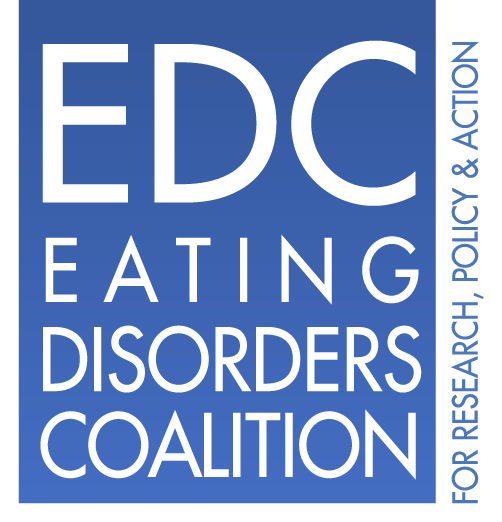This interim scorecard reflects how each Member supported legislation most important to advocates in the first half of the 118th Congress (2023).
Key:
- ✓ = Cosponsor/Signer
- * = Legislation lead
- + = Behind the scenes advocate
- N/A = Party leaders and relevant Committee leadership are unable to co-sponsor or support items due to their position.
Nutrition CARE Act (S.3010)
This bipartisan bill would close the loophole that denies dietitian services coverage to Medicare Part B beneficiaries with eating disorders, despite providing the benefit for patients with diabetes and renal disease.
Kids Online Safety Act (S.1409)
This bipartisan bill would establish a duty of care for social media companies to protect minors from mental health harms, sexual exploitation, and narcotics. The bill also mandates external, independent audits to ensure compliance, & creates substantial youth and parental controls.
Improving Mental Health and Wellness in Schools Act (H.R. 3331/S. 754)
This bipartisan bill would update local school wellness policies at the Food and Nutrition Service to include mental health education and promotion as part of student wellness.
FY24 Ag Appropriations Congressional Advocacy
This bipartisan report language request under the Food and Nutrition Service would update local school wellness policies to include eating disorders information.
FY22 LHHS Appropriations Congressional Advocacy
These bipartisan requests in the FY24 LHHS appropriations bill would improve eating disorders research, treatment, and support for patients and families impacted by eating disorders.
SERVE Act Implementation Letter to DOD
The EDC is leading Senate and House champions in requesting clinical justification and urging implementation of the bipartisan SERVE Act, which passed into law in 2021
